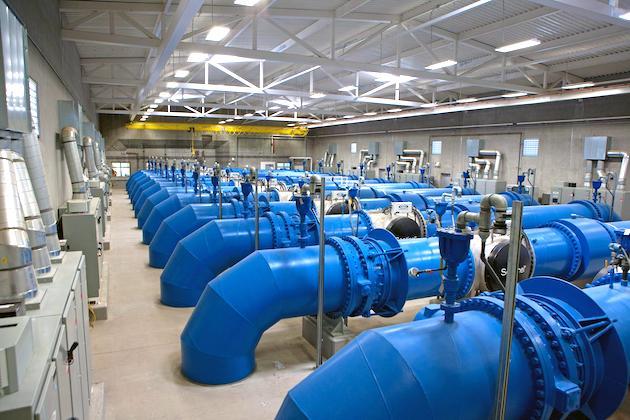China equates economic de-risking with “containment” despite the G7 leaders’ desire for the opposite.
At the recent G7 Summit in Hiroshima, the leaders of Germany, France, Italy, Japan, Canada, the United Kingdom, the United States, and the European Union reaffirmed their support for economic “de-risking” in their relationships with China, but China has viewed the action as “containment,” according to The Diplomat.
Chinese officials and analysts have been aggressively courting Europe lately, pleading with European nations to separate themselves from the US and, more particularly, to avoid participating in the claimed US containment strategy.
The way Beijing responded to the G7 summit implies that it believes the industrialized democracies are becoming more inclined to back what they refer to as a US-led drive to “contain” China. According to The Diplomat, such simplistic impression has numerous significant and detrimental repercussions for China.
The Diplomat is the leading publication covering global news in the Asia-Pacific area.
Europe began taking steps in 2023 to impose limitations on Chinese investment, semiconductor exports to China, and Chinese participation in the European renewable energy industry.
Earlier, Chinese perception of Western Europe had become substantially more pessimistic and was beginning to equate containment with de-risking. Director General for European Affairs at the Ministry of Foreign Affairs Wang Lutong said on May 10 that “Europe gives [China] a stab in the back… bullies China on economic issues.”
The state-owned Global Times published an editorial on May 11 criticizing Europe’s “submission and dependence on Washington’s comprehensive containment strategy against China.”
From Beijing’s perspective, the G7 result showed that the downward trend was continuing and maybe accelerating. Therefore, on May 20, the G7 was accused of “containing” China by the Chinese Foreign Ministry.
On May 25, a pundit for the Xinhua News Agency said in response, “the G7 interprets its own ‘risk’ as only induced by China, or in other words, only by containing China can it get rid of the risk.”
This is true even though the G7 meeting’s communiqué said that the group does not support containment: “Our policy approaches are not designed to harm China nor do we seek to thwart China’s economic progress and development.”
According to The Diplomat, Beijing seems unable or unwilling to understand the fundamentally different histories of “containment” and “de-risking.”
During the Cold War, containment was a component of US strategy toward the Soviet Union. It comprised military and political actions to stop Communist parties from seizing power of further nations, most likely under Soviet authority. A general prohibition against doing business with the Soviet Union was the economic component.
The United States, according to Xi Jinping, is engaging in “comprehensive containment” and “all-around containment, encirclement, and suppression of China.”
Other Chinese officials claim that the US is “using every tool at its disposal to repress China.”
These are blatant overstatements. In terms of commerce with the United States in 2022, China had a profit of around $400 billion. Washington made no significant efforts to prevent China from constructing military installations in the South China Sea. According to The Diplomat, US colleges continue to teach hundreds of Chinese students each year in the STEM professions.
De-risking is very different from containment and has more modest and defensive goals. Containment is a tactic used by one great power to block a challenge by another great power for worldwide strategic leadership.
De-risking is to reduce reliance on a provider who might be troublesome. Through its recent actions, China has positioned itself in that group.
The Chinese government now often penalizes trade partners over political issues by using its economic might. Beijing abruptly imposed import restrictions on a number of Australian goods after Canberra asked the World Health Organization (WHO) to look into the causes of the COVID-19 pandemic, according to The Diplomat. Beijing was already enraged with Australia for taking action to stop Chinese Communist Party interference in Australian politics.
China’s internal politics seem to be driving the nation toward a conflict over Taiwan, which would severely disrupt much of China’s global trade for an extended period of time.
In other words, even in the total absence of any desire to stifle China’s economic growth, Europe has adequate reason for lowering its dependence on Chinese supplies for self-defense.
The fact that China is unable to distinguish between “containment” and “de-risking” is a result of its failure to examine its own actions, which would be a vital first step in reforming European policies.
The United States and the Western European nations have discovered a unifying formula for a more coordinated China strategy now that US authorities have accepted the phrase “de-risking.” According to The Diplomat, policy changes by the world’s top economies aimed at reducing dependence on Chinese suppliers would go a long way toward somewhat curbing Beijing’s influence.
Grand strategy for the United States has won here, while China’s has lost.
Denny Roy is the author of this piece for The Diplomat. He is a senior fellow of the Honolulu, Hawaii-based East-West Center.












